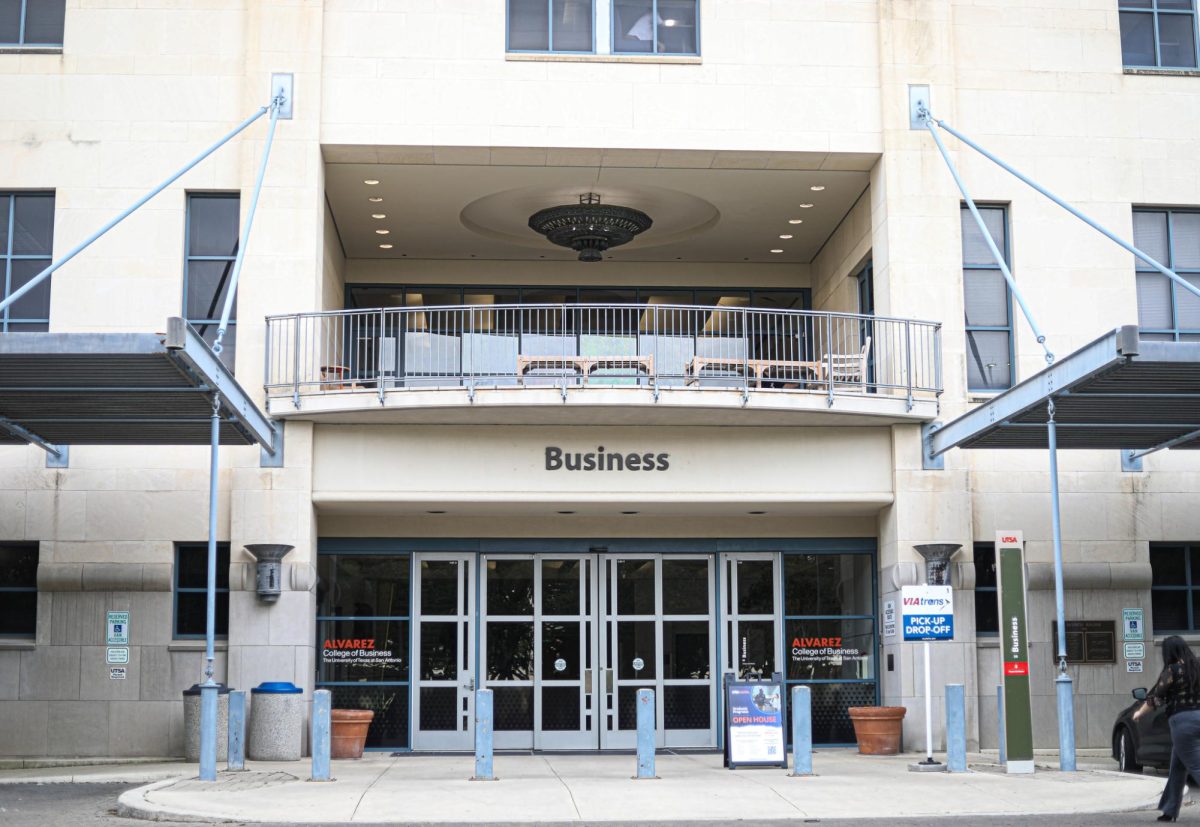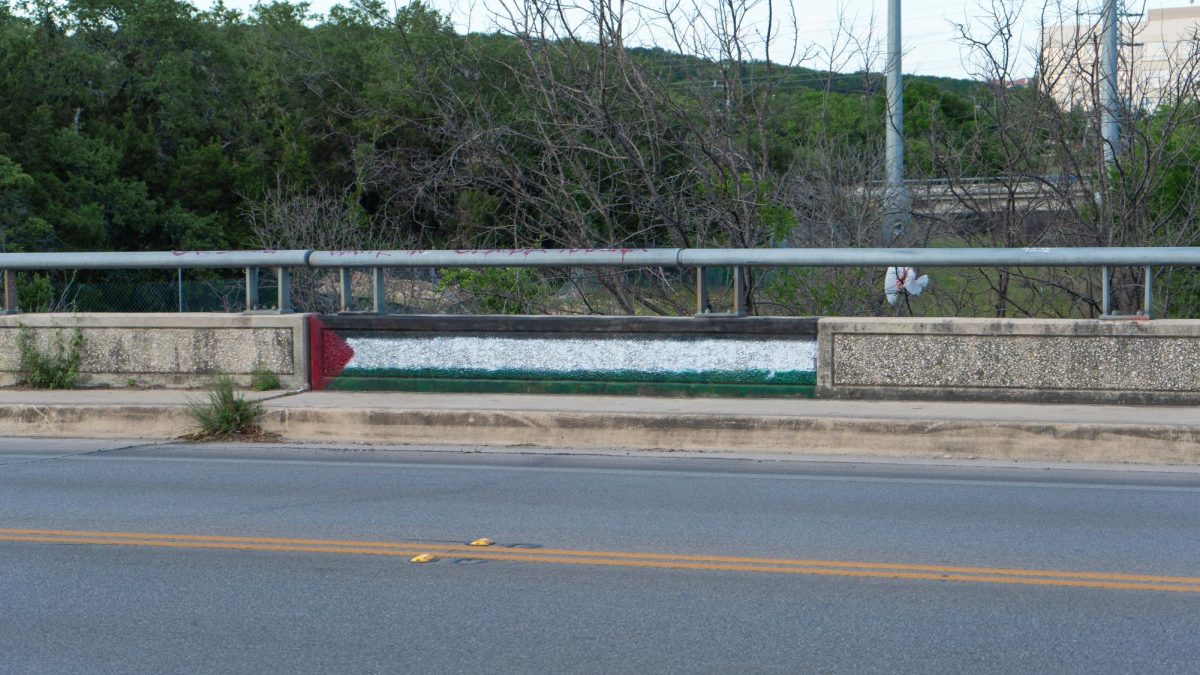_leto_solutions__gallery.jpg)
Courtesy of UTSA
A wireless labor-monitoring system that gathers information about a fetus’ heartbeat and the mother’s contractions.
A device for prosthesis wearers that regulates temperature and reduces sweating, thereby easing the discomfort of rashes and curbing the incidences of infection.
A cranial support that eliminates pressure points in an infant’s head as it rests, preventing the skull from forming flat spots.
What do these three products have in common? They each were recognized by the Center for Innovation and Technology Entrepreneurship’s (CITE) $100K Student Technology Venture Competition, held each semester on UTSA’s Main Campus.
During this competition, teams of students from the College of Engineering (COE) and the College of Business (COB) pool their talents and ideas in hopes of launching their own startup companies.
According to Dr. Anita Leffel, assistant director of CITE and senior lecturer in the COB, “We partner with the College of Engineering because their students have to come up with a proof-of-concept, and traditionally those products were thrown in the garbage once the students graduated.”
Likewise, students in the COB devise business plans for a product or service, which are also scrapped upon graduation.
“We said, ‘what a waste,’ so we bring the engineers and business students together,” Leffel continued. “We bring them together, but they sort of choose each other. The products are chosen by business students who have to do a little bit of testing to say, ‘Is that good or not? Is that something that could be commercialized?’ ”
Once a product is agreed upon, the teams work throughout the semester developing and fine-tuning the products, creating business plans and preparing for the $100K competition.
“More and more,” Leffel said, “we find that the business and engineering students are working together for longer than just the semester.”
The competition is a type of collegiate “Shark Tank,” where the teams set up tables with their products on display. Judges, who are unfamiliar with the projects, are given a copy of the team’s business plan to review.
Next, the teams take seven or eight minutes to pitch their ideas and explain startup costs using visual aids and product descriptions.
“They’ll challenge the students, too,” Leffel said of the judges. “They’ll say, ‘Why did you say it’s $500,000 when it should be $100,000?’ But they won’t rake them over the coals like you see on ‘Shark Tank.’ ”
Ivana Escobar, a senior mechanical engineering student, is part of a team that is working on a medical device for cerebral aneurysms.
She and three others have been working with James Whetstone and Jon Ambach, part of the COB’s Collegiate Entrepreneurs Organizations (CEO). CEO is a student organization dedicated to helping student entrepreneurs develop their ideas.
“It’s an interesting concept because the engineering program is designed to finesse the tech skills that are needed in industry,” Escobar said. “We don’t really have the opportunity to go out there and learn how to be independent.”
Both CITE and CEO encourage engineers to pursue the ideas they develop, but some may not possess the know-how when it comes to marketing their products or services.
“I can develop an idea, and I’m very confident of coming up with a solution for any idea I think of,” Escobar offers. “But when it comes down to executing it and making it worthwhile, I can’t do anything without a business team. That’s what this opportunity provides us since we don’t learn that.”
The CEO group knows that the relationship is symbiotic. Even with their collective business acumen, there is nothing to market until someone brings them an idea like Escobar’s.
“We’re treating this like a real-world startup,” Ambach said of Escobar’s medical device company. “We’re setting up appointments to meet with venture capitalists in April and we’re meeting with real-world professionals. It’s something you don’t get with any other class.”
Meanwhile, CITE is gearing up for its next competition in April. First held in 2007, the $100K competition has spawned numerous ideas and products.
According to CITE’s webpage, more than 650 students have participated. Of the nearly 100 ideas that have been developed, a dozen patent applications have been filed.
CITE and CEO are open to students in all fields. Anyone who wants to start a business, or has an idea for a product or service, is encouraged to come by BB 3.02.26 on the Main Campus.











